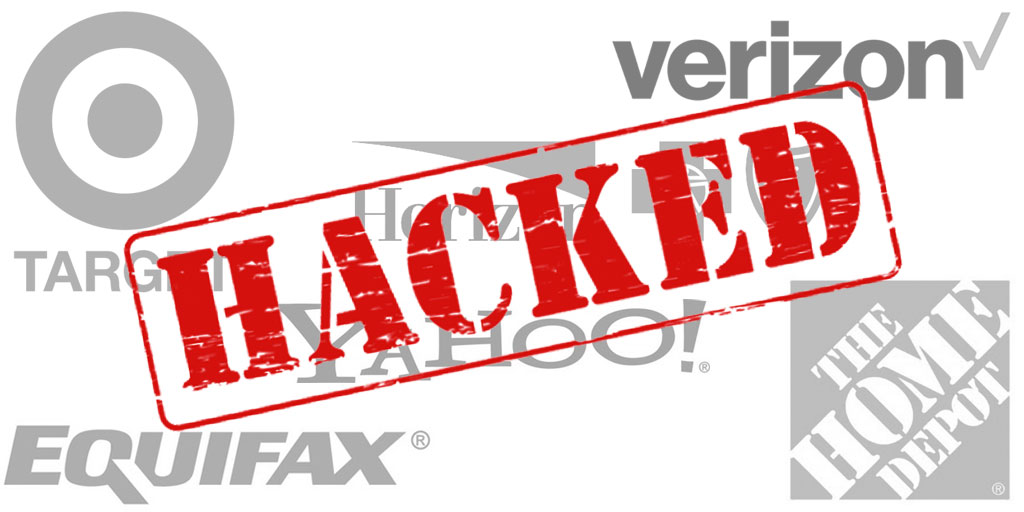Top 5 Advantages of Using a VPN

Even if you don't have sex videos or nude photos floating online, you might have left yourself dangerously exposed in more ways than you think.
Simply put, your online activities create a digital fingerprint that leads right back to you and can leave you vulnerable to hackers, spyware, adware, malware or worse.
Internet use has long been plagued with privacy and security issues, government censorship and even increased restrictions imposed by internet service providers. It doesn't help that numerous experiments and studies have shown that over 90% of users don't really read Terms of Service, License Agreements or Privacy Policies before they click and sign away their legal rights (and first-borns) to both government and commercial institutions.
The technology to mitigate and address these concerns, Virtual Private Networks (VPN), has been around since 1996 and yet, only 1 in 4 people use VPN around the world.
If you're not sure if VPN is right for you, consider these Top 5 Benefits:
1. Enjoy Anonymity and Increased Privacy
Think of VPN as a P.O. Box that hides your true address from even the Postal Service. When you use a VPN, emails or search results are first delivered to your virtual "P.O. box" - same goes for the things you send out. So internet spies, snoopers and hackers won't be able to trace anything back to your real location. The only IP address they'd get is the one from your VPN, which could be in another city, state or country! Also, some VPNs have built-in ad and tracker blocker, so you'll see fewer targeted ads following you around, especially for embarrassing searches that you "accidentally" (or curiously) typed on Google.
2. Unblock Websites and Bypass Filters
You can read content from countries rife with internet censorship and access content from your home country while traveling. VPN services enables you to change your IP address to the country of your choice, so you can access content that is otherwise restricted to certain geographic areas. So, next thing you know, you're bingeing on Netflix movies from Latin America or sending Facebook status updates from Vietnam or China.
3. Get Enhanced Online Security
A firewall protects the data on your computer, while a VPN protects your data and identity over public networks like internet cafes, airports, hotels and other Wi-Fi hot spots. The network is hack-proof and all of your internet activity is encrypted (coded) and unreadable in transit. The best part is that everything else about your Internet experience stays virtually the same.
4. Prevent ISP Bandwidth Throttling
Streaming services (video) take up a lot of bandwidth and more often than not, Internet Service Providers (ISP) will try to slow down your connection to keep their networks clear. A VPN acts like Harry Potter's Cloak of Invisibility - it hides your activities online so your ISP cannot see where you've been or that you're trying to stream a video. As a result, you're less likely to have your bandwidth throttled, so you spend more time actually watching movies than waiting for them to load.
5. Access Files Remotely
In today's global workplace, A VPN increases a company's productivity by giving its employees the ability to share and access files remotely on the network from any place in the world. The same is true for peer-to-peer (P2P) file sharing - A VPN allows you to access music, video, movies, games and other media you want using a P2P software while maintaining your privacy.
Here's the bottom line:
In your everyday life, you probably don't leave yourself exposed or vulnerable to just anyone in the real world, nor do you leave "breadcrumbs" in your wake so people (and a few birds and rodents) can follow you around and right up your doorstep-so why do it online?!
Start using a VPN and experience the Internet as it was intended to be - a free-flowing hub of information that you can safely and securely access, without limits, from anywhere in the world
Post a Comment